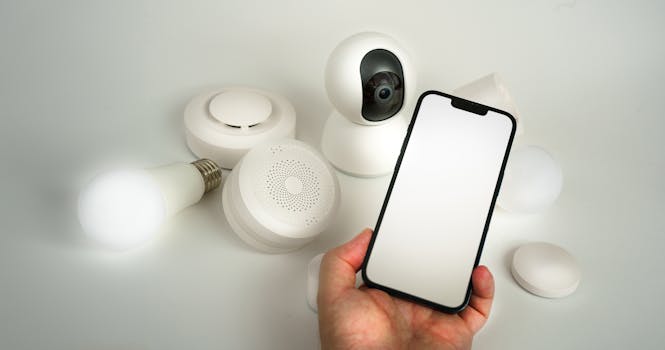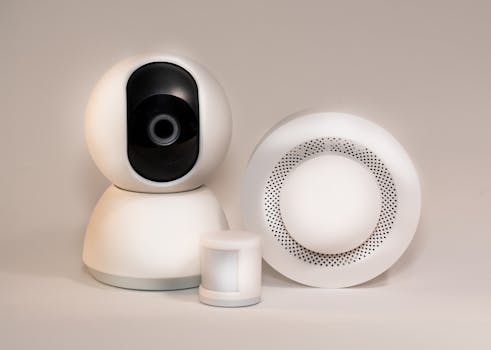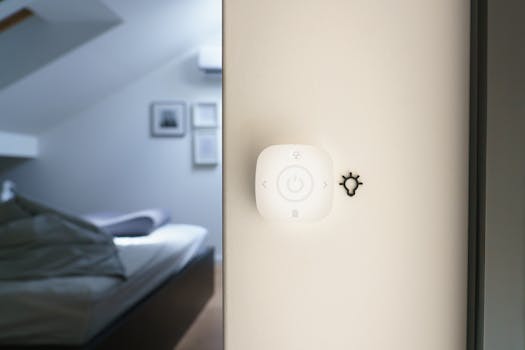
Home Automation in 2025: The Smart Home Ecosystem
Home Automation in 2025: The Smart Home Ecosystem is revolutionizing the way we live and interact with our homes. With the integration of Artificial Intelligence (AI), Internet of Things (IoT), and machine learning, smart homes are becoming increasingly sophisticated and user-friendly.
Introduction to Smart Homes

A smart home is a residence that is equipped with advanced technology and devices that can be controlled and monitored remotely. These devices can include thermostats, lighting systems, security cameras, door locks, and appliances, among others. The primary goal of a smart home ecosystem is to create a convenient, comfortable, and secure living environment.
Key Components of a Smart Home Ecosystem

The smart home ecosystem consists of several key components, including:
- Hub or Controller: The central unit that connects and controls all the devices in the smart home.
- Sensors and Detectors: Devices that detect and monitor various aspects of the home, such as temperature, humidity, motion, and light.
- Actuators and Effectors: Devices that perform specific actions, such as turning on lights or adjusting the thermostat.
- Communication Protocols: Standards that enable devices to communicate with each other and the hub, such as Wi-Fi, Bluetooth, or Zigbee.
Advancements in Home Automation

In recent years, there have been significant advancements in home automation, including:
- Voice Control: The integration of voice assistants, such as Amazon Alexa and Google Assistant, has made it possible to control smart devices with voice commands.
- Artificial Intelligence (AI): AI-powered devices can learn and adapt to a user’s preferences and habits, improving the overall smart home experience.
- Machine Learning: Machine learning algorithms can analyze data from various devices and sensors, enabling predictive maintenance and optimizing energy consumption.
Benefits of a Smart Home Ecosystem

A smart home ecosystem offers numerous benefits, including:
- Convenience: Smart devices can be controlled and monitored remotely, making it easy to manage the home from anywhere.
- Energy Efficiency: Smart devices can optimize energy consumption, reducing waste and saving money.
- Security: Smart security systems can detect and alert homeowners to potential security breaches.
Challenges and Limitations

Despite the many benefits of a smart home ecosystem, there are also challenges and limitations, including:
- Interoperability: Devices from different manufacturers may not be compatible, making it difficult to create a seamless smart home experience.
- Security Risks: Smart devices can be vulnerable to hacking and cyber attacks, compromising the security of the home.
- Cost: Setting up a smart home ecosystem can be expensive, especially for those on a limited budget.
Conclusion

In conclusion, Home Automation in 2025: The Smart Home Ecosystem is a rapidly evolving field that promises to revolutionize the way we live and interact with our homes. While there are challenges and limitations, the benefits of a smart home ecosystem, including convenience, energy efficiency, and security, make it an attractive option for homeowners. As technology continues to advance, we can expect to see even more innovative and user-friendly smart home solutions in the future.




